In retrospect, I don’t know why this wasn’t obvious to me years ago, but my hindsight is really the only thing that didn’t start failing me when I turned 17 and my opthamologist told me I was “just getting older.” Ned Kock recently provided me with a philosophical breakthrough on fruit, buried in a post …
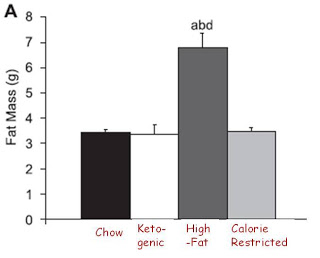
When Fat Burns In the Flame of Lean Muscle Mass — Better Put That Butter Either on Steak or Potatoes
My last post was political and got 17 comments just in the first six hours. I suppose that means I’m due for another post about religion, or one about sex. Given Stephan Guyenet’s recent post about the dangers of hyperpalatability, though, I’m inclined to obey the proverb “don’t take too much honey” and delicately sprinkle …
Fructose, Public Policy, and The Low-Fat Re-Education Camp (Short Post)
Here’s another short post in honor of my readers with ADHD. One subject that came up in Dr. Lustig’s recent interview on “Sugar and Health” is the need to formulate public policy in order to reduce fructose consumption. I think, as advocates of real traditional foods that will invariably have differing political dispositions, we need to …
Let Us Honor Ancel Keys, Our Patron, As We Cherry Pick Studies to Bash Fructose (Revised and Extended)
My apologies to anyone who received this in their RSS feed on Thursday as a teaser. I have now revised and extended it to include several studies showing that diet-induced obesity can be achieved in rats and mice without using any sugar at all, and have included a clearer conclusion. Ancel Keys is best known …
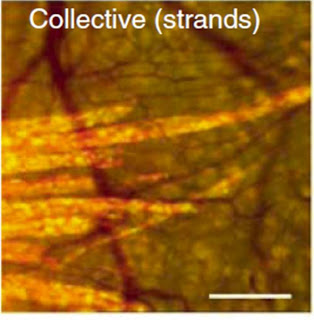
Highlights From Experimental Biology 2011
I arrived in Washington, DC on Friday evening to meet with 13,000 other biological scientists for the Experimental Biology 2011 meeting and just got home Wednesday night. I was there to give a 15-minute presentation on how I fed an overdose of fructose to a couple dozen rats and it didn’t do any of the …
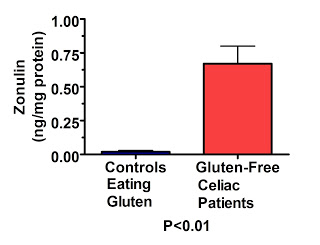
What No One Is Saying About Zonulin — Is Celiac About More Than Genes and Gluten?
In my last gluten post, I discussed why the ex vivo results of Dr. Fasano’s 2006 study cannot logically be construed to show that gluten causes leaky gut in people without celiac disease, and why the available evidence suggests that people considered to have non-celiac gluten sensitivity do not have leaky gut. Nevertheless, this study …
How to Properly Interpret Ex Vivo Studies — Gluten and Leaky Gut As an Example
There seems to be some confusion about how to appropriately interpret ex vivo studies, which are studies that are not conducted in a living organism. Worse than that, there appears to be a common and rather dramatically misleading presentation of the data in Dr. Allesio Fasano’s excellent study linking gluten to zonulin production. But I’ll …
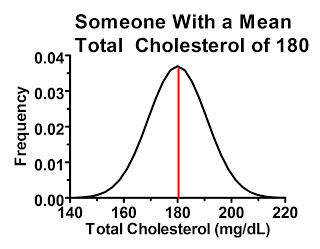
How a Study Can Show Something to Be True When It’s Completely False — Regression to the Mean
In a previous post, “The Great Unknown: Using the Statistics to Explore the Secret Depths of Unpublished Research,” I discussed one way a study can show something to be true when it’s false, or vice versa. If some nutrient or drug has a “true” biological effect, and we repeat many studies of the phenomenon, we …
Getting Better Sleep — Cool, Dark, And Lots of B6, Carbs, Calories, and Fat
Chris Kresser and Paul Jaminet recently posted some sleeping tips. A lot of other great bloggers write about sleep too, like Mark Sisson, Robb Wolf, and Stephan Guyenet. I think sleep is really important, and I’ve had a lot of sleeping problems in the past, some of which I still occasionally struggle with, so I’m going to …
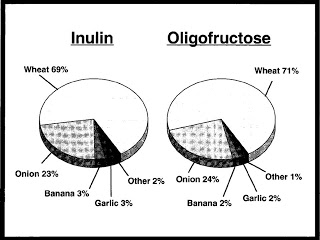
Gluten Sensitivity — Promises And Problems
by Chris Masterjohn This year has been a great year so far for research into the possibility of non-celiac gluten sensitivity. Most exciting, Stephan Guyenet is now reporting the survey results of participants in Matt Lentzner’s Gluten-Free January (see part I and part II). I’m especially glad that of all people this survey fell into …